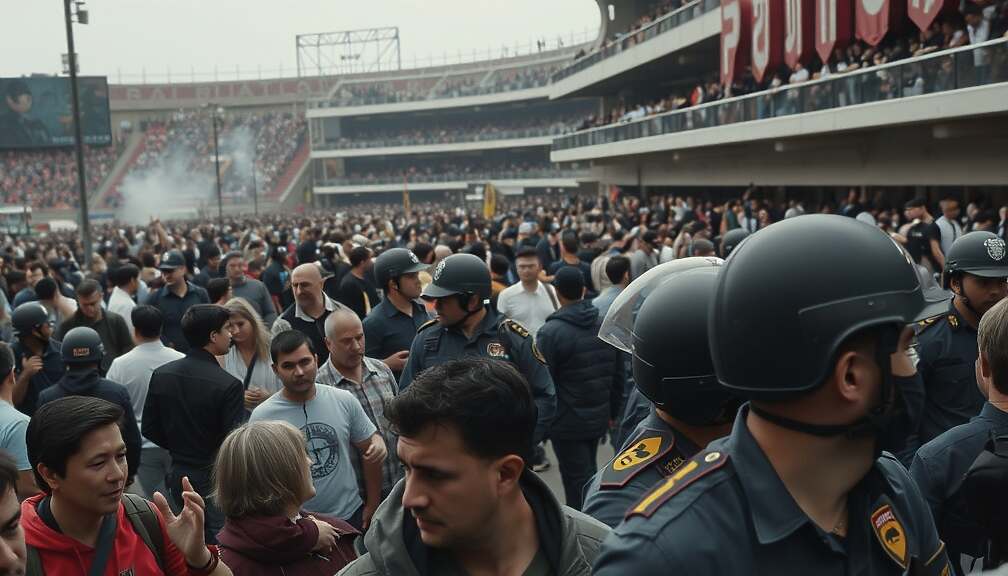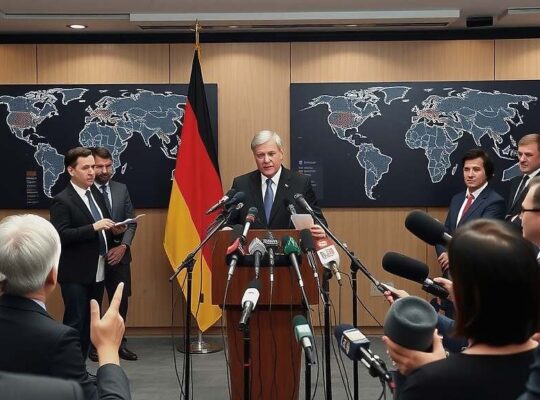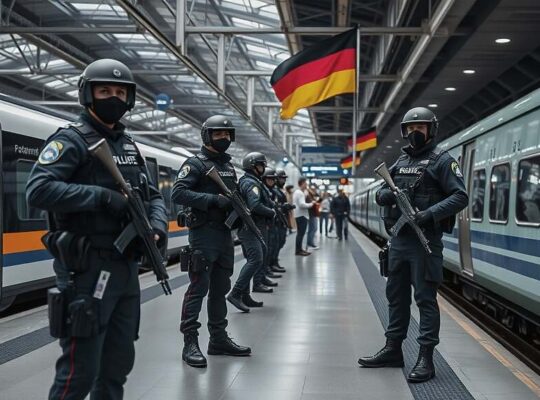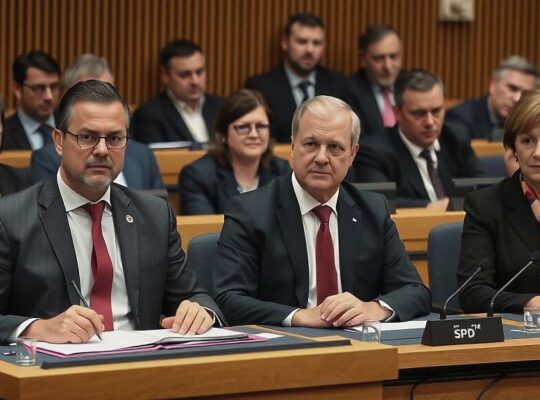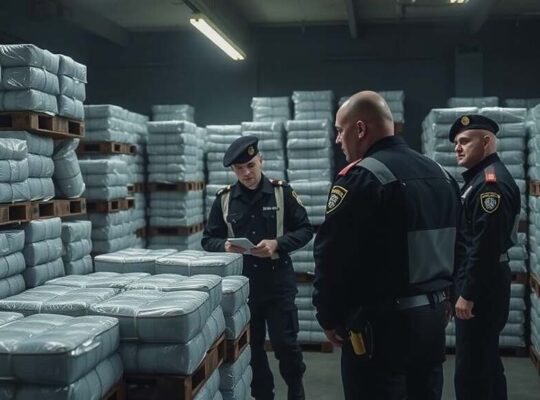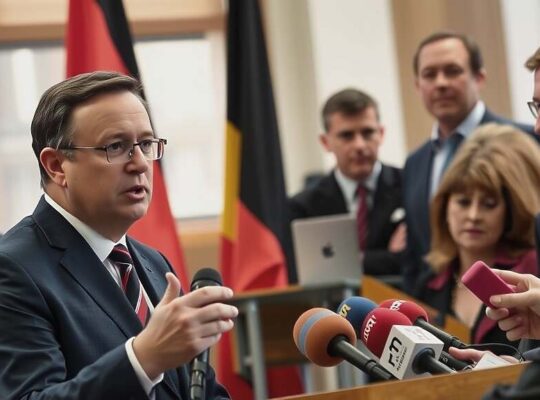The escalating violence surrounding German football matches is prompting calls for stricter measures and a critical reassessment of fan behavior, according to Hamburg Police President Falk Schnabel. In a recent interview with “Die Zeit”, Schnabel emphasized that football has grappled with a persistent violence problem for years, a reality that demands a more robust response.
Schnabel highlighted a disturbing trend: perpetrators of football-related violence often lead seemingly normal, integrated lives, presenting a challenge to law enforcement and raising questions about the root causes of their actions. “They lead a civil life” he stated, “but on the weekend, all barriers suddenly fall”. This observation underscores a disconnect between the public image of German football and the simmering tensions that erupt within and around stadiums.
The urgency of the situation was dramatically underscored in January 2025 when a brutal attack in Hamburg shocked the nation. A group of masked men, believed to be supporters of Hamburger SV, assaulted a group of older fans of 1. FC Köln in the St. Pauli district. One victim sustained serious injuries, sparking outrage and prompting renewed scrutiny of security protocols and preventative measures.
While increased policing and stadium security are frequently proposed solutions, Schnabel’s comments suggest a deeper issue. The disconnect between a perpetrator’s everyday life and their willingness to engage in violent acts necessitates a more nuanced approach. Critics argue that a purely reactive stance, focused solely on suppressing incidents, fails to address the underlying societal and psychological factors that contribute to this behavior.
The incident has re-ignited the debate surrounding fan identification, group dynamics and the potential role of social media in escalating tensions. Some political observers are calling for a review of hooliganism laws and a greater emphasis on early intervention programs aimed at preventing individuals from becoming involved in violent extremism, even within the context of sporting events. The question now remains whether authorities will move beyond reactive measures to proactively address the complex issues driving the resurgence of football-related violence.


